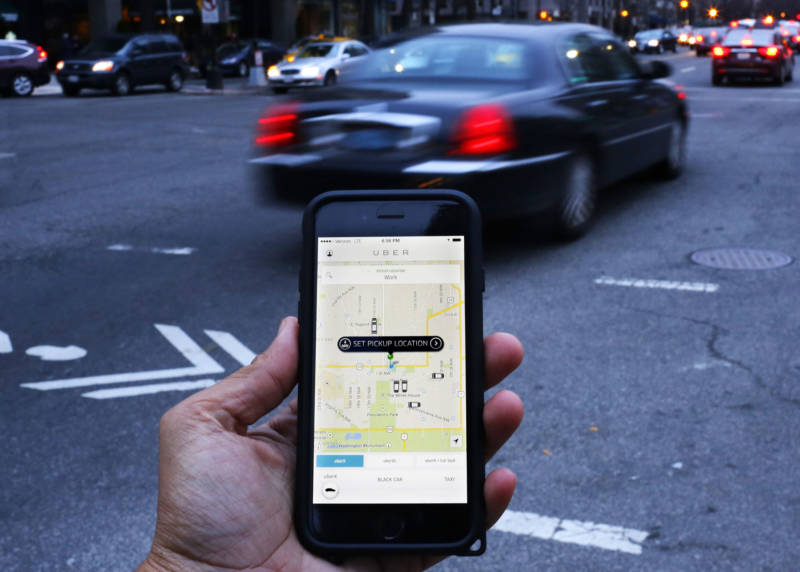A Chicago disability rights group sued Uber Thursday over wheelchair accessibility, arguing the San Francisco-based mobile ride-hailing company's adherence to federal disability laws "ranges from token to non-existent" despite its expanding role in the nation's transportation system.
The 19-page lawsuit, filed in U.S. District Court in Chicago on behalf of Access Living of Metropolitan Chicago and several individuals, seeks an order requiring that Uber comply with the 1990 Americans With Disabilities Act, or ADA, by making far more wheelchair-accessible vehicles available.
"That position threatens a return to the isolation and segregation that the disability rights movement has fought to overcome," the filing says.
A Chicago spokeswoman for Uber Technologies Inc. didn't have an immediate comment.
The ADA was considered a landmark in bids for equal rights for the disabled. But both Uber and rival Lyft, which allow customers to use a cellphone app to pay drivers who use their own cars, have argued previously that they are technology, rather than transportation, firms and so aren't subject to ADA mandates. The new suit also seeks a definitive ruling that the ADA does apply to Uber and similar companies.

